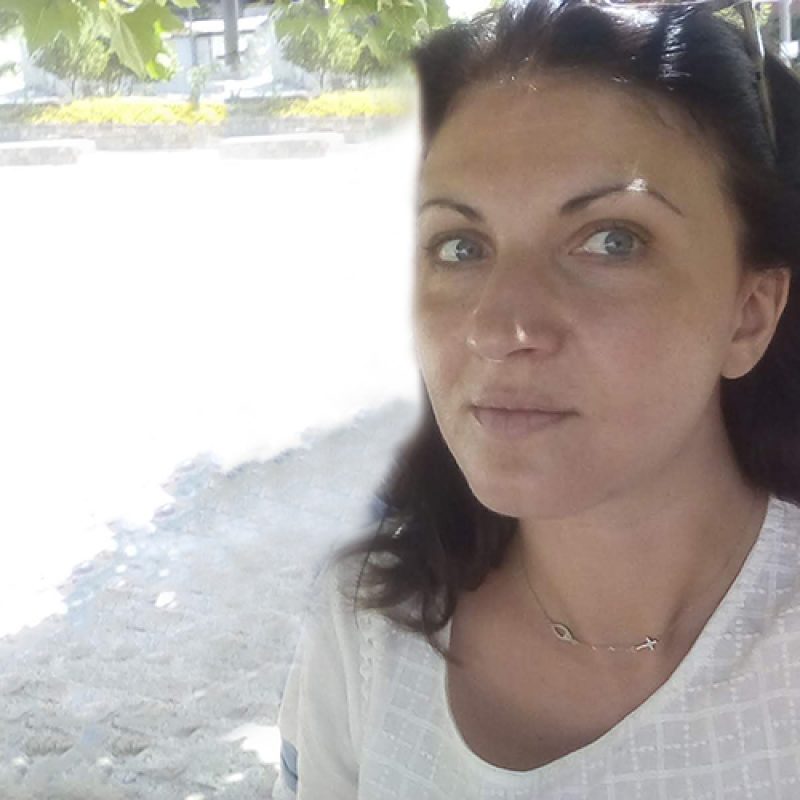Maria Karyotaki is a PhD candidate in the Department of Information Communication and Systems Engineering in collaboration with the Multimedia and Networking Applications Laboratory of the National Center for Science Research “Demokritos”. She began her studies at Harokopio University where she received a Master’s Degree in Pedagogy, Psychology and Educational Practice. Today, Maria’s research focuses on Cognitive Psychology and the contribution of Information and Communication Technologies to intelligence. More specifically, it explores higher forms of intelligence, such as humanity, compassion, mindfulness and self-transcendence. In her studies “A Layered-Model of Human Consciousness” and “Success: A 9 Layered-based Model of Giftedness“, Maria argued that a person’s charisma lies in abilities based on a person’s personality and character such as patience, will, perseverance, to cultivate superior cognitive and meta-cognitive abilities.
Maria shared details of her day-to-day research, as well as some personal information to get to know her better. Read below what she told us:
Who inspired you to pursue a research career?
My friends and peers pushed me through their example to pursue higher education. Also, during my undergraduate and postgraduate studies we did a lot of teamwork, in which we had great collaborations and success.
Is there a part of your job that you enjoy the most?
As an educator I can see how my own research has helped my students. Of course, I get satisfaction when I help anyone or anyone who asks for it with my knowledge.
Which researcher do you admire or is role model for you?
Dr. Panayiota Poyrazi, Research Director at the Institute of Molecular Biology and Biotechnology of FORTH Crete is a role model and great example of scientific excellence.
Why did you work on this topic?
I love humanity and I believe in human capacities. Man is the most perfect “engine”.
Have you ever faced difficulties in your job as a woman and if so how did you overcome them?
I found it difficult to combine studies with motherhood. In this track you walk on a tight rope. I believe that better infrastructure is needed to help mothers who work long hours.
Do you believe that you will pursue an academic career after obtaining your doctorate? Why;
I enjoy teaching and I would like to expand my target audience. I would also be interested in part-time, scientific collaborations because in the mornings I work in a school as a teacher.
If you were to impress with this particular study for ten years, how would you describe it?
Our study shows that we are not ‘in danger’ because of the machines, but by the plethora of human errors and the ignorance that are able to shape our future. We have to go a long way to obtain machines of the same quality as the human mind. If we were to summarize my research in the form of a story to a child it would start like this: “I will tell you a story in which there are no winners or losers. Only serenity and tranquility. A story in which man seeks social progress and prosperity.”
What is the hardest part of your job?
The management of personal data law and the difficulty of accessing subjects. It is now very difficult to find large cohorts for research.
How do you see Greece in terms of technological research?
In Greece, research is at a very good level. I believe that technological research necessarily requires an interdisciplinary team (engineers, developers, educators, psychologists) to make the results are complete.

RELATED ARTICLES
CONTACT US
____________
greekwomeninstem@gmail.com
Do you have ideas, questions, comments or special requests?
Would you like to highlight your research project or nominate a researcher that you would like to learn more about?
Please write to our email or fill out the form and hit “send”. We will be happy to talk with you!
[contact-form-7 id=”44″ title=”Contact form 1″]
